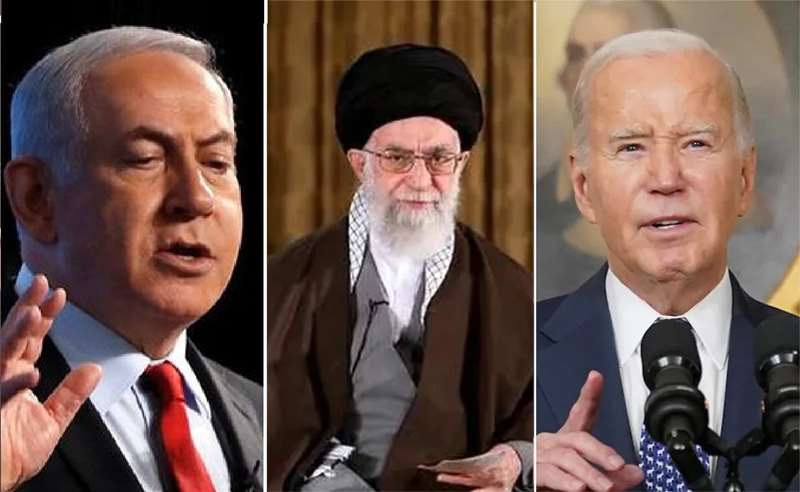Who are for and against Iran-Israel war?

Iran-Israel war
The simmering tensions between Israel and Iran have reached a critical juncture, threatening to ignite a regional conflict with far-reaching consequences. Recent events, including Israel's attack on the Iranian embassy in Syria and Iran's retaliatory drone and missile strikes on Israeli territory, have exacerbated an already volatile situation. Against this backdrop, the involvement and stance of key regional players and global powers are shaping the trajectory of the crisis.
Regional Dynamics
Four American allies in the Middle East – Saudi Arabia, the United Arab Emirates, Oman, and Kuwait – have cautioned the United States against using their territories as a launchpad for attacks on Iran. This underscores the complexity of alliances in the region and the reluctance of some nations to escalate tensions further. Conversely, Jordan has emerged as a supporter of Israel, pledging to counter Iranian aggression on behalf of its ally.
International Response
The United States, United Kingdom, and France have thrown their support behind Israel in the face of Iranian attacks, emphasizing the need to defend against external threats. Australia and Germany have also announced solidarity with Israel, signaling a broader coalition of nations standing against Iranian aggression. However, Saudi Arabia has urged restraint, expressing concerns over escalating military tensions and advocating for dialogue to mitigate the risk of full-scale conflict.
Global Concerns
China, a nuclear superpower, has voiced deep concern over the escalating situation, urging all parties to exercise calm and restraint to prevent a larger conflagration. The international community is closely monitoring developments in the region, recognizing the potential for the conflict to spiral out of control and destabilize the broader Middle East.
Israel's Response
Despite mounting pressure, Israel has yet to determine its course of action in response to Iran's attacks. The Israeli government is deliberating its options, with a decision expected to be made at a War Cabinet meeting. The uncertainty surrounding Israel's response underscores the gravity of the situation and the need for careful consideration before any escalation.
US Position
Contrary to expectations of full-throttle support, the United States has opted not to directly engage in counter-attacks alongside Israel. Despite reaffirming unwavering support for Israel, US forces will refrain from participating in military action against Iran, according to reports. This stance reflects a nuanced approach by the US administration in navigating the delicate balance of regional dynamics and global interests.
As tensions between Israel and Iran continue to escalate, the risk of a regional conflict looms large. The involvement of key regional players, divergent international responses, and the cautious deliberations of involved parties underscore the complexity and gravity of the situation. Amidst heightened uncertainty, diplomatic efforts and strategic restraint remain crucial in averting a full-blown crisis with potentially catastrophic consequences.










পাঠকের মন্তব্য